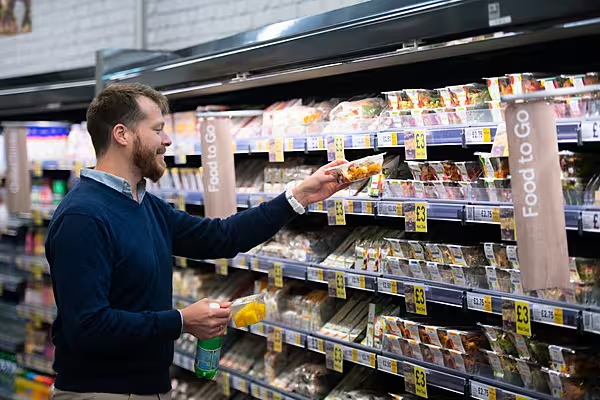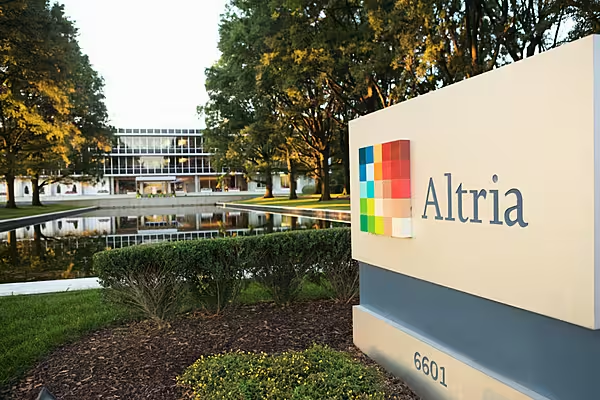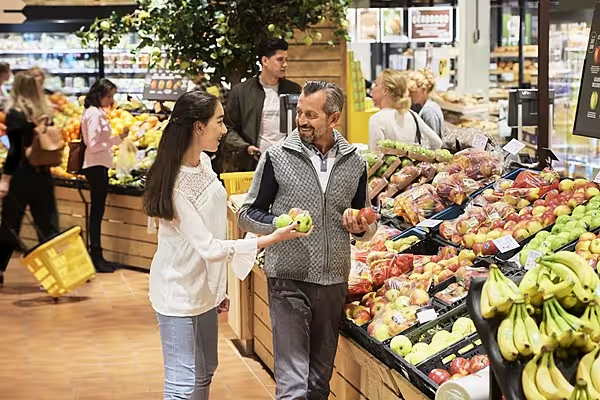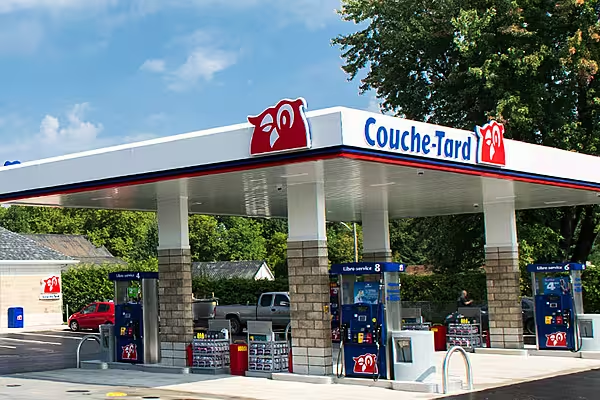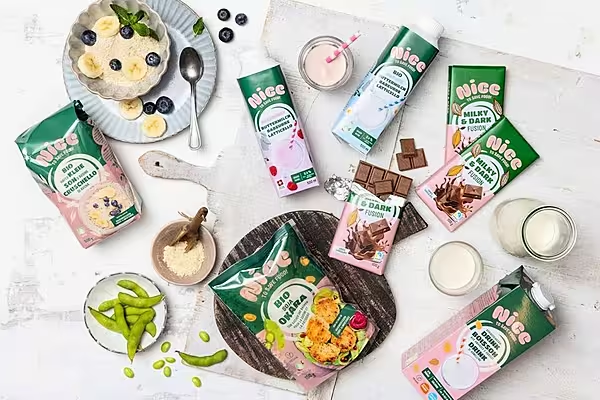UK grocers need to focus on product innovation to drive long-term growth and customer loyalty, a new study by GlobalData has shown.
The UK food market, which accounts for 66% of the total UK food and grocery sales, will grow at a CAGR of 2.9% between 2023 and 2028, reaching £143.8 billion, according to GlobalData’s latest report, titled United Kingdom (UK) Food and Grocery Retailing Market Size, Trends, Consumer Attitudes and Key Players to 2028.
The food market is expected to contribute £19.3 billion in sales to the UK food-and-grocery sector by 2028, and product differentiation will be key to survival in this competitive landscape.
‘Consumer-Switching Behaviour’
Eleanor Simpson-Gould, a senior retail analyst at GlobalData, commented, “A saturation of loyalty schemes and price-matching promotions by UK grocers is fuelling consumer-switching behaviour. The competition regarding pricing, product variety, and quality has intensified to a point where UK consumers are willing to visit several grocers for weekly food shops, to get the best deals.
“Though discounts and promotions are a strong driver of food and grocery purchases for UK consumers, quality and range perceptions must underpin product development strategies, as price concerns ease. These factors offer a more significant point of differentiation in this highly competitive market.”
UK Food-And-Grocery Market
The proportion of UK consumers who stated that branded products are appealing to them in the food-and-grocery market is significantly lower (50.7%) than range (87.3%) and value for money (81.1%), GlobalData’s How Britain Shops Survey revealed.
This trend indicates a strong preference for private-label ranges and is favourable for grocers.
Simpson-Gould added, “Grocers must invest in private-label ranges to secure a clear differentiation from competitors, improve impulse spending opportunities, and bolster volume growth. A strong private-label offer must include world food options, fresh bakery products, broad ready-meal ranges, [and] snacking and food-to-go items.
“Tesco’s Finest range innovation in 2024, consisting of new summer picnic items and meal deal options, is an excellent example of successful private-label differentiation.”
Outlook
Between 2023 and 2028, core categories, food, soft drinks and hot drinks are expected to see robust growth, while alcoholic beverages and the tobacco and e-cigarette market are forecast to underperform significantly.
As per GlobalData’s estimates, the tobacco and e-cigarette market will decline at a CAGR of 0.4% between 2023 and 2028 – lower than the alcohol market, which is set to achieve a moderate CAGR of 1.6% in the same period.
Grocers need to ensure alternatives, such as e-liquids and refillable tanks, for consumers looking to switch smoking methods ahead of the disposable vape ban in 2025.
